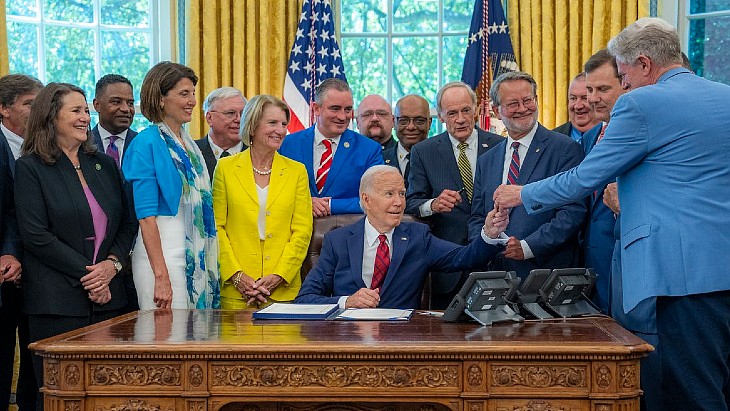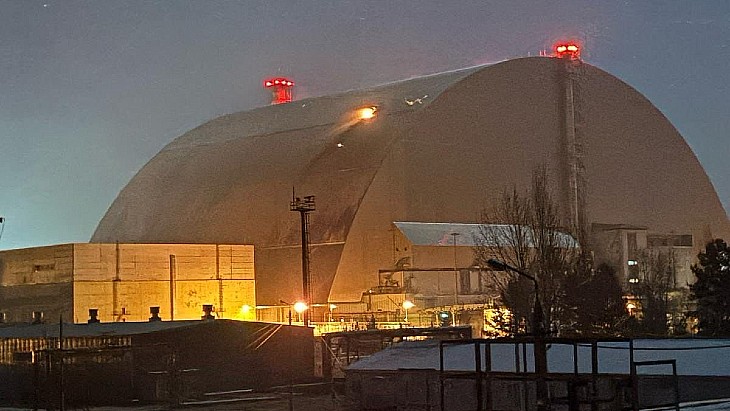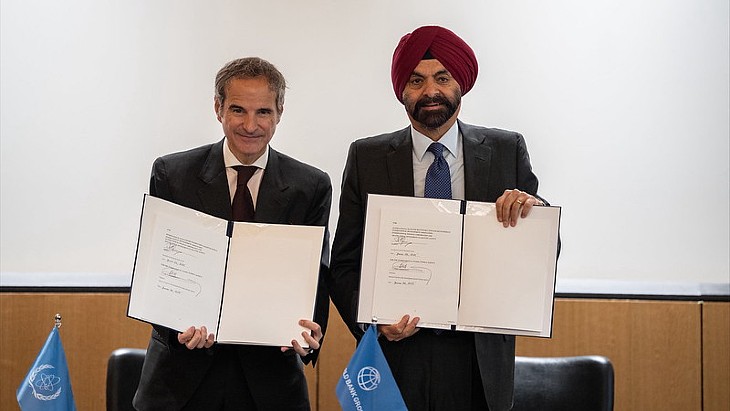Indian cyclotron begins radioisotope operations
.jpg)
A cyclotron accelerates particles in a spiral path, which is much longer than a straight-line accelerator. The beam of charged particles produced can be used for medical, industrial and research processes.
Cyclone-30's 30 MeV beam reached its Faraday cup - the metal cup used to catch charged particles in a vacuum - for the first time earlier this month, the DAE said. The accelerator's beam has subsequently been used to produce fluorine-18 for the preparation of fluorodeoxyglucose (FDG), a radiopharmaceutical used by India's Board of Radiation and Isotope Technology.
Regular production will start by the middle of 2019 after the commissioning of supporting nuclear systems and the receipt of regulatory clearances. After commissioning of liquid targets, for FDG production, and solid targets, for the production of germanium-68, palladium-103 and other isotopes, work will begin on studies related to the installation of iodine-123 production targets.
Cyclone-30 will supply radioisotopes for Eastern India in particular but will also be able to meet the entire country's needs, and have export potential for germanium-68 and palladium-103. Germanium-68 is used as the 'parent' isotope in gallium-68 generators, used in the diagnosis of breast cancer. Palladium-103 is used to treat prostate cancer.











